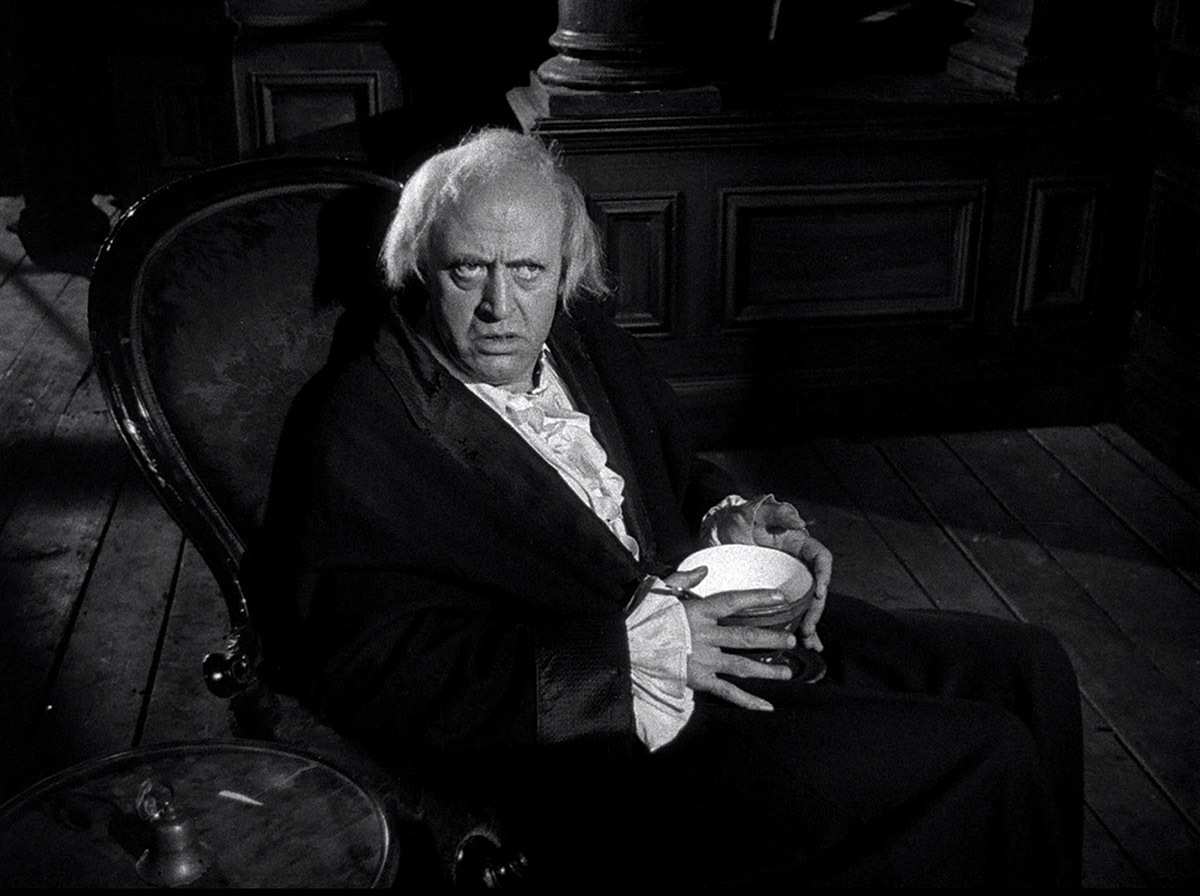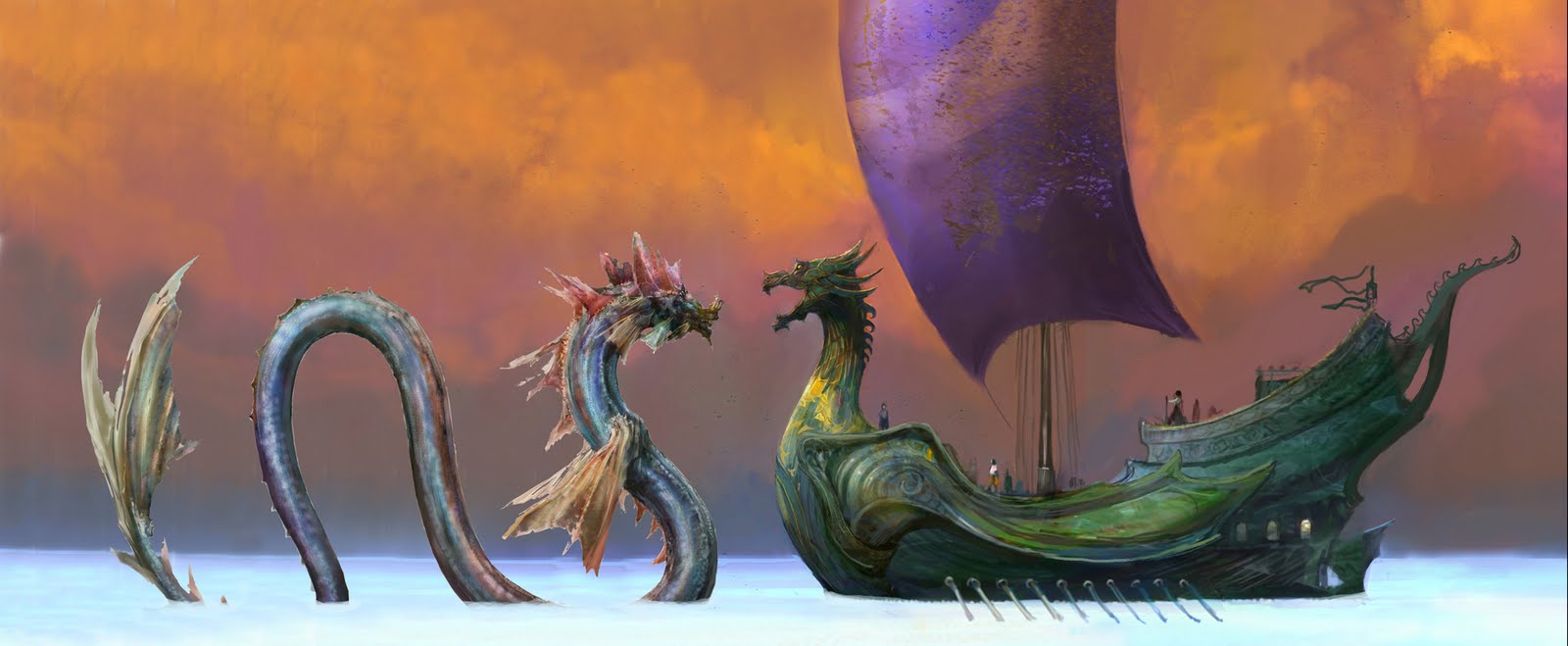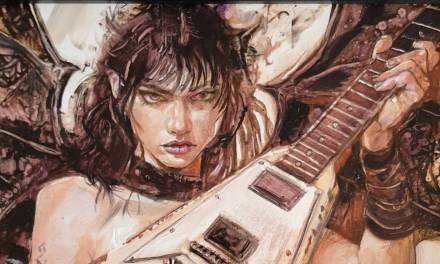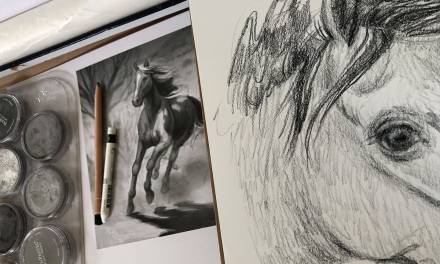
While flipping through some books, the person who worked there turned to me and started talking. He told me stories about the time he lived in New York City years ago. He’d saved up about ten thousand dollars, and wanted to travel and so, he chose New York City. He said he used his time there to sink into his art practice; to draw and paint, and visit museums and galleries. I mentioned to him that my dream was to move there some day too. I was so young and mesmerized by his story that I didn’t even consider asking him any questions. I only listened.
When he finished I shared mine. I told him I was afraid. I wasn’t sure if I had made the right decision to study illustration, or even go to art college for that matter. I don’t remember exactly how old I was or what level of study I was in, but it was somewhere in and around the time when one begins to worry about his future. I was, at the time, still working in retail part-time, living at home with my parents in the suburbs, and still unsure about how I would convince someone to pay me money for my drawings. I think I may have done a few freelance jobs here or there, but they were for my teachers, so it didn’t really count because I assumed they were being nice to me — I couldn’t rely on them forever. Then, I told him about some rumours I’d heard that “print was dying” and that I was afraid there’d be no work for me when I graduated.
He paused for a moment and told me to wait for a few minutes. I stood in the center of the bookstore while he shuffled back and forth like a creature picking up bits and pieces of rubbish to build his nest; he gathered some books and set them on the counter near us.
“Close your eyes,” he said, “and hold out your hands.”
One by one he placed into them, a book. He told me to open it, to smell it, and to feel it. As I examined each one with my eyes tightly shut, I stayed quiet. My fingers scarcely perceived the subtle tooth of some of the pages, whereas on others I could nearly trace the shapes of the letters pressed into the paper. Some of the books were hard and covered with raised and sunken areas, while others felt naked and soft like I was touching skin. A few of them smelled when I opened them, and it reminded me of how each of us have our own scent. I guessed the books were used and so I imagined that the owners who once held them had transferred their own scent, their skin cells, and their essence into them over the years.
And just as suddenly as the ritual began, it ended.
“Open your eyes. Does that answer your question?”







Great post. He was right, print will never die.
I love this. Very well said, although it leaves open your decision about New York and the results.